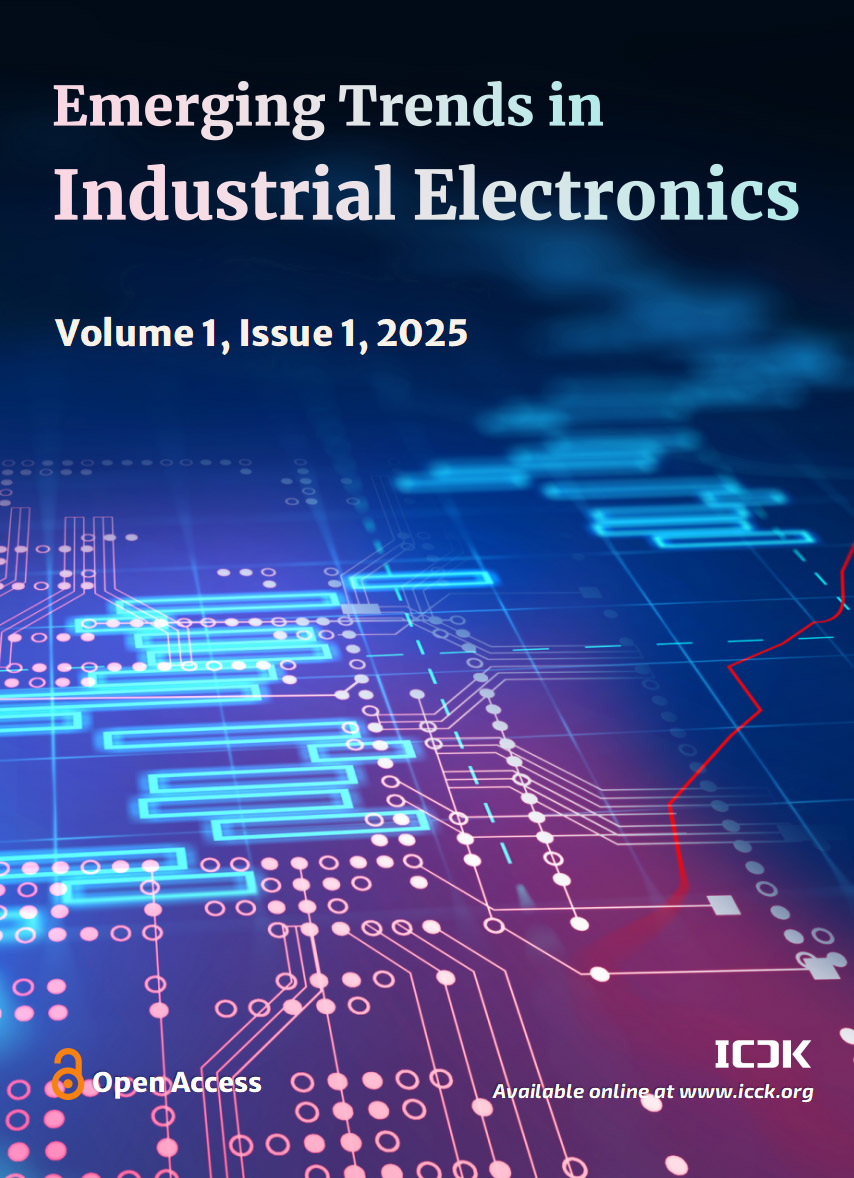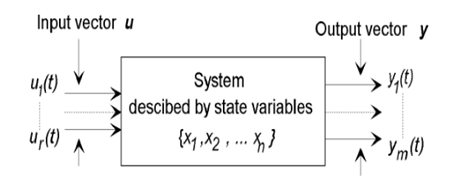Abstract
Technological advancements continue to influence various aspects of human life, including efforts to overcome energy challenges in underserved areas. In the context of community empowerment, integrating efficient and sustainable energy solutions has become essential. This study examines the application of the Linear Quadratic Regulator (LQR) in optimizing the performance of three-phase induction motors for community-based energy systems. Using MATLAB/Simulink R2018a, this research develops a control model designed to enhance motor efficiency and stability, particularly in environments with limited technical resources. State-space modeling is employed as the analytical framework, enabling accurate predictions of system behavior by considering internal dynamics. Initial simulations indicate that, without effective controllers, the system experiences significant oscillations and instability when subjected to an input voltage of 0.5 V. This emphasizes the importance of advanced controllers like LQR in stabilizing motor performance. Step signal tests with setpoints of 0.848 (Order 1) and 0.01905 (Order 2) demonstrate the controller's ability to achieve system stability and operational efficiency. The study highlights the potential of these technologies in empowering communities by improving the reliability of small-scale energy systems, creating economic opportunities, and promoting sustainable development. The findings serve as a framework for implementing scalable energy solutions tailored to the specific needs of rural and underserved regions.
Keywords
community empowerment
sustainable energy solutions
LQR controller
state-space modeling
Data Availability Statement
Data will be made available on request.
Funding
This work was supported without any funding.
Conflicts of Interest
The authors declare no conflicts of interest.
Ethical Approval and Consent to Participate
Not applicable.
Cite This Article
APA Style
Nugraha, A. T., Sobhita, R. A., & Firdaus, A. A. (2025). Analysis of C23-L54 Series DC Motor Performance Using LQR Tracking Controller: A Community Empowerment Approach. Emerging Trends in Industrial Electronics, 1(1), 1–8. https://doi.org/10.62762/ETIE.2025.268369
Publisher's Note
ICCK stays neutral with regard to jurisdictional claims in published maps and institutional affiliations.
Rights and Permissions

Copyright © 2025 by the Author(s). Published by Institute of Central Computation and Knowledge. This article is an open access article distributed under the terms and conditions of the Creative Commons Attribution (CC BY) license (
https://creativecommons.org/licenses/by/4.0/), which permits use, sharing, adaptation, distribution and reproduction in any medium or format, as long as you give appropriate credit to the original author(s) and the source, provide a link to the Creative Commons licence, and indicate if changes were made.


 Submit Manuscript
Edit a Special Issue
Submit Manuscript
Edit a Special Issue

 Copyright © 2025 by the Author(s). Published by Institute of Central Computation and Knowledge. This article is an open access article distributed under the terms and conditions of the Creative Commons Attribution (CC BY) license (https://creativecommons.org/licenses/by/4.0/), which permits use, sharing, adaptation, distribution and reproduction in any medium or format, as long as you give appropriate credit to the original author(s) and the source, provide a link to the Creative Commons licence, and indicate if changes were made.
Copyright © 2025 by the Author(s). Published by Institute of Central Computation and Knowledge. This article is an open access article distributed under the terms and conditions of the Creative Commons Attribution (CC BY) license (https://creativecommons.org/licenses/by/4.0/), which permits use, sharing, adaptation, distribution and reproduction in any medium or format, as long as you give appropriate credit to the original author(s) and the source, provide a link to the Creative Commons licence, and indicate if changes were made. 